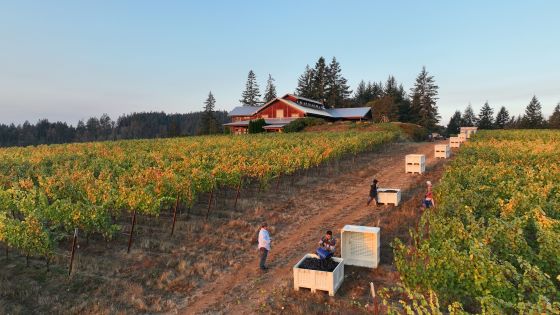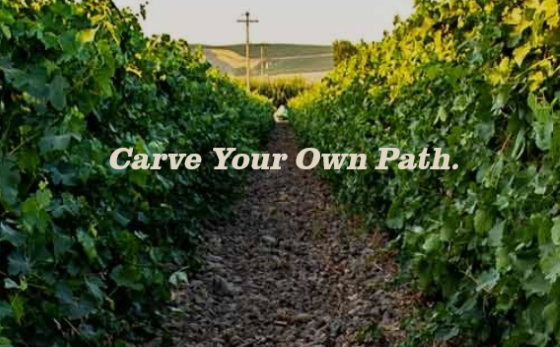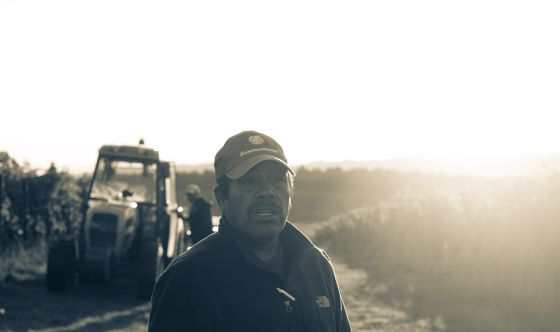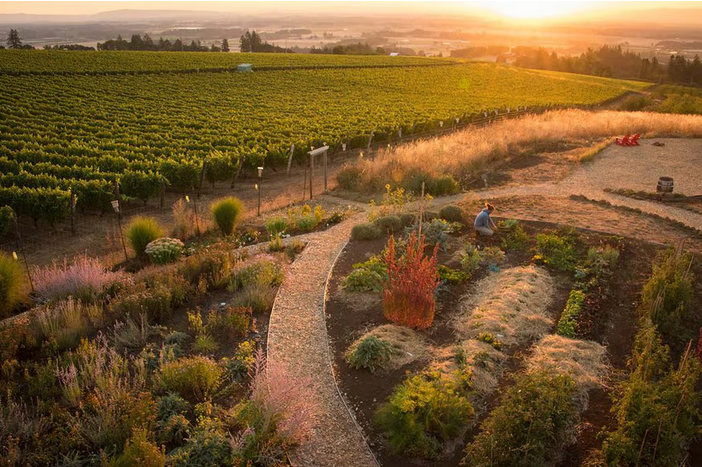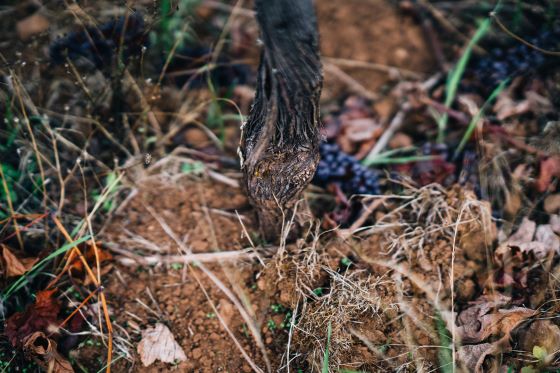Explore Oregon Wines: Wineries | Varietals | AVAs | Cellar 503 Selections
Organic and Biodynamic
December 2023
What's the difference between organic and biodynamic wines?
We get this question all of the time.
Dr. Vinny said it best...
"These terms vary in the way they’re defined and regulated, but I’ll do my best to sort out the way they’re most typically used.
The U.S. government regulates use of the term “organic,” but “sustainable” and “biodynamic” have no legal definitions. So I’ll start with organic: there are two types of organic listings on wine bottles. Wines can be made from certified organically grown grapes, avoiding any synthetic pesticides or additives, or, to take it a step further, “organic” wines are made from organically grown grapes, and are also made without any added sulfites (though naturally occurring sulfites will still be present).
Biodynamic is similar to organic farming in that both take place without synthetic chemicals, but biodynamic farming incorporates ideas about a vineyard as an entire ecosystem, and also takes into account things such as astrological influences and lunar cycles. A biodynamic wine means that the grapes are farmed biodynamically, and that the winemaker did not make the wine with any common manipulations such as yeast additions or acidity adjustments. A wine “made from biodynamic grapes” means that a vintner used biodynamically grown grapes, but followed a less strict list of rules in winemaking.
Sustainability refers to a range of practices that are not only ecologically sound, but also economically viable and socially responsible. (Sustainable farmers may farm largely organically or biodynamically but have flexibility to choose what works best for their individual property; they may also focus on energy and water conservation, use of renewable resources and other issues.) Some third-party agencies offer sustainability certifications, and many regional industry associations are working on developing clearer standards.
If you’d like to know if a wine falls into any of these categories, check out the label. Here you’ll find a lot of clues—various trademarked symbols and logos are used, and if a winery is going to adhere to these practices, they’re likely to want you to know about it."
The moral of the story is that these folks care deeply about the land that they farm and the crop they elevate to wine. As a matter of fact they care so much that they are willing to work smarter and sometimes even harder to ensure that they get the maximum expression of the land and the growing cycle in your glass. More expression is ultimately more flavor and we are here for it.

